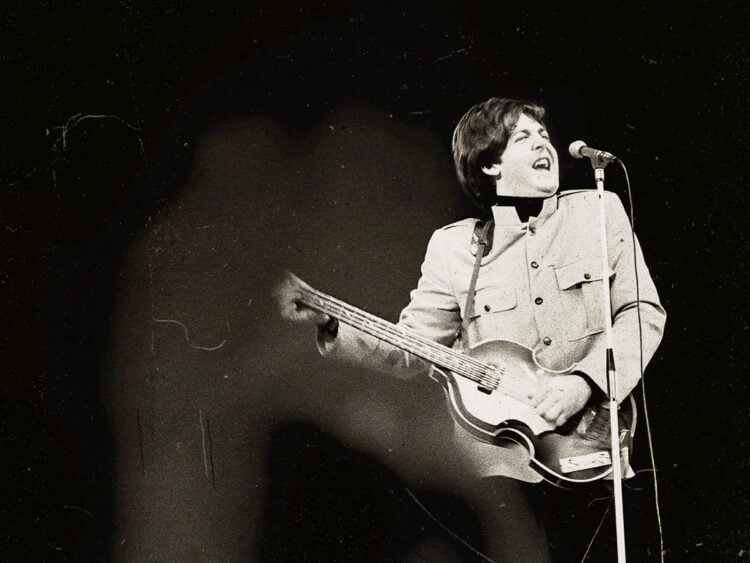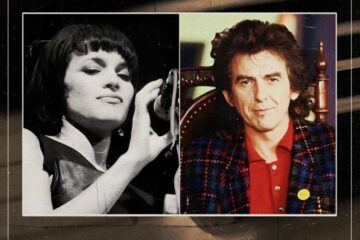Ringo Starr first met Maureen Cox at the Cavern Club in the early 1960s. By the mid-point of the decade, the two were married and had a child on the way. Over the course of the next ten years, Maureen would travel with the Beatles to India, forge friendships with Cynthia Lennon and Pattie Boyd, and even contribute vocals to their music.
Though the pair divorced in 1975, Starr was still at her side when she died almost two decades later in 1994. More than her ex-husband, though, Maureen’s death had a lasting impact on the Beatles as a whole. Paul McCartney was so moved that he penned a song for her when she died, a solo ballad titled ‘Little Willow’.
The song features soft acoustic strums and bright piano, while McCartney’s lyrics present a form of grief that is both healing and hopeful. Between words of unshakeable love and eternal heaven, he sings, “Sleep little willow, peace going to follow, time will heal your wounds”. The willow he addresses seems to refer to the late Maureen.
In a 1997 edition of Club Sandwich, via the Paul McCartney Project, the Beatles songwriter shared the emotion he felt following her death and how it led him to write the delicate track. “A good friend of mine died,” he began, “someone we all loved, so I wrote a song that conveyed my mood.”
“It’s heartfelt – instead of writing her kids a letter I wrote a song. It was a very sad day for all of us, and Jeff Lynne and I gave it our all in the studio,” he concluded. Three years on from Maureen’s death, McCartney and Lynne’s recording of the song featured on McCartney’s 1997 studio album, Flaming Pie.
In the same interview, McCartney explained why he referred to Maureen not by name, but as the titular little willow. “I know I was very affected by Maureen’s death, and again I remember just going into a room and putting those sentiments into that song. The sort of fragility of life is in that song. But it wasn’t called ‘Maureen’, it was called ‘Little Willow’,” he began.
McCartney continued, “I always prefer to conjure up some story or tale or some bit of imagination around something, because then I can get my emotions out but it’s not quite as raw. And I think it makes it a little more available to people if you call it ‘Little Willow’.”
The vague beauty of his lyrics have certainly allowed the track to become a general portrait of grief and growth. As McCartney concludes, “We’ve all got a Little Willow”.




